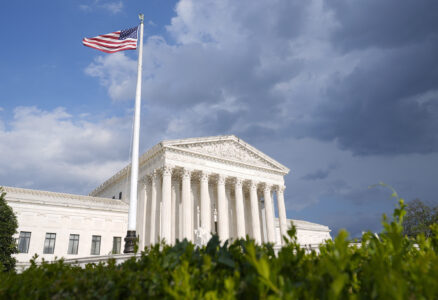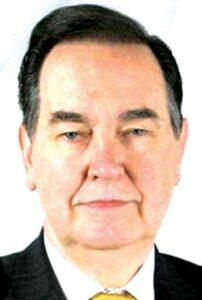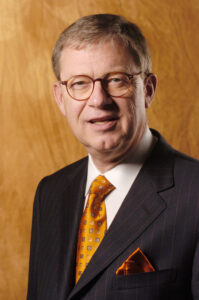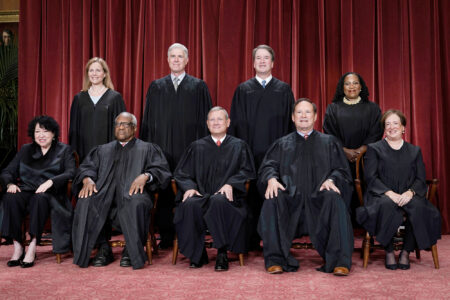Christian counseling at the SCOTUS
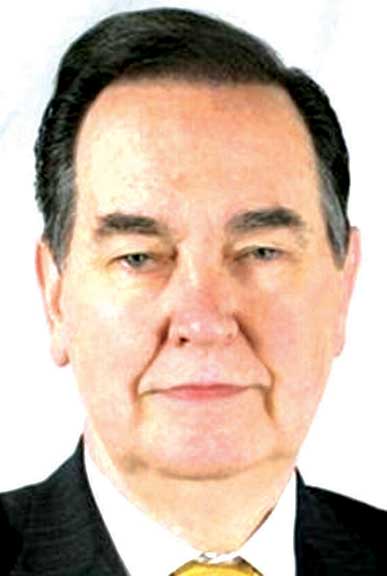
Cal Thomas
When the Supreme Court declared same-sex marriage legal in 2015, I wondered what standard they would use should polygamists appeal for similar rights. In accepting a case from Colorado Springs about whether a Christian counselor can advise minors with gender dysphoria and same-sex attractions, the Court will again face the question of free exercise of religion vs. the establishment clause in the First Amendment.
The case involves the parents of a teenager who claims to be a different gender than the one identified at birth. The Christian parents sought help from a counselor who shares their faith. A Colorado law bans “conversion therapy” for minors. The therapist, Kaley Chiles, says the law silences her and deprives young people of help. She further says she does not try to convert anyone to her faith.
In familiar secular progressive fashion, The Washington Post found a person it identifies as a transgender man, who it says tried to commit suicide in 2010. That person, says the newspaper, called conversion therapy bad medicine.
Parents, who have discovered that in many public schools their rights once thought to be “unalienable” have been eroded, could find they have lost the right to influence what they believe is the moral direction of their children, should the court deliver what they would regard as an adverse opinion, upholding the Colorado law, and denying the therapist’s right to tell patients what she believes will be best for them.
As with abortion, the Post and other media regularly look for people who will affirm their editorial and moral point of view.
They might have consulted World Magazine, a Christian publication to which I contribute. In October 2022, World published an article titled “Our voices can no longer be denied.” It focused on de-transitioners, that is people who have reversed or stopped their gender transition. The story profiled three women who had gone through gender transitions and later expressed regret and remorse. While the number is admittedly small — thanks in part, I think, to the way the media and medical profession refuse to consider the possibility of change — they do exist.
For people who wish to pursue a different life with its accompanying change in lifestyle, it’s called being born again. It’s an experience “discovered” by the secular media when Jimmy Carter announced in 1976 his own transformation. It means when one accepts Jesus Christ as Savior that person is given the power to live a life different from the life he or she had been living. For the law to deny a therapist, or anyone else, the right to share a message that goes back 2,000 years and has been responsible for altering the lives of billions of people – and still does today – would impose secularism as the state religion and deny individuals the right of choice, which is sacred to the secularists when it comes to abortion.
So long as there is no compulsion involved and the therapist, in compliance with the wishes of the parents of the teenager, the Court should uphold the right of the therapist and strike down lower-court rulings that seek to deny her constitutional rights. Those include the right to freely exercise her faith and that of the teen’s parents.
If the Supreme Court doesn’t recognize a standard by which truth and morality can be judged, it should remove the image of Moses, the great lawgiver, from the marble frieze outside the Supreme Court building.
———
Readers may email Cal Thomas at tcaeditors@tribpub.com.

